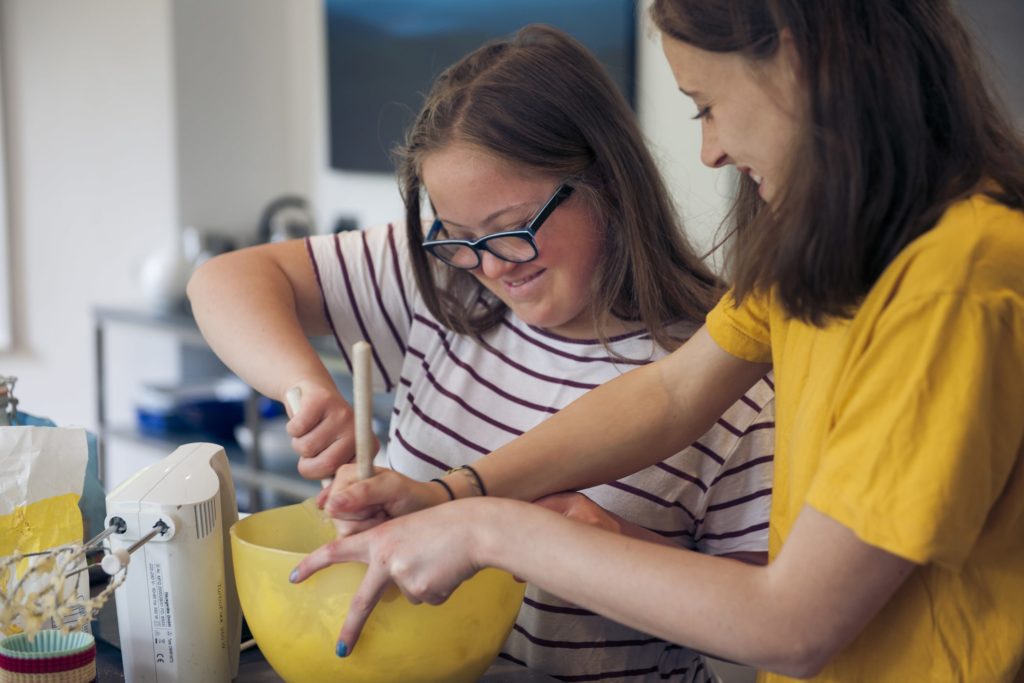6 Ways Online Students Can Socialize Outside of the Classroom
by Phoebe Brown
byBob Engler
4 min to readThe brain is complicated.
By the age of six, its architecture is 90% complete. By then, it weighs about three pounds and contains some 86 billion neurons and four lobes, one of those housing the limbic system where memories are made, stored, and recalled.
And, according to Jeffrey Karpicke, author of a science brief published on the American Psychological Association’s Science website, “recent work has shown that [memory] retrieval is critical for robust, durable, long-term learning.”
It makes sense, then, that brain games for kids can stimulate the memory center are a great way to keep their gray matter engaged over the summer.
Memory is a core cognitive skill.
There is short-term memory, long-term memory, and working memory. Long-term memories are either explicit—things you must think about to remember—or implicit, known as “muscle memory.” And memory is interrelated with attention, perception, and reasoning, the other cognitive skills that are essential to learning.
According to Johns Hopkins Medicine, structures within the brain’s architecture that are related to making, storing, and recalling memories include the:
With what science knows about memory, perception, reasoning, and emotion, there are plenty of simple, fun ways to keep those critical structures purposefully engaged while school’s out for summer.

Although the science is somewhat divided on the impact of activities, games, and puzzles, there is also evidence that they may be effective in strengthening memory.
On the one hand, there is insufficient evidence that puzzles improve higher order brain function. On the other, the Child Development Institute says they do aid in the development of problem-solving skills and strengthening memory. In the middle, The Journal of Effective Teaching says crossword puzzles help some students and not others.
Board games deliver memory benefits ranging from understanding rules and predicting outcomes to acquiring math and language skills to managing emotions and improving concentration.
A study reported by Parenting Science supports the claim that more difficult board games stimulate memory and learning. According to the study, one group of preschoolers was given a color-coded game (think Candy Land) and another a game that challenged them to count their moves. The youngsters with the math-based game showed marked improvement over their baseline cognitive assessments and retained the gains when tested later.
Harvard Medical School warns that sitting too much is the No. 1 worst habit for the brain, followed by lack of socializing, not getting enough sleep, and chronic stress. A study on the impact of a sedentary lifestyle correlated with shrinkage in the brain region that makes new memories from hours spent sitting around doing nothing.
On the positive side, Neuroscience News says research has found that kids who engage in physical activity in any form showed marked improvement in attention, memory, decision-making, and other brain functions.
Encourage your kids to find games they enjoy that get them up and moving. Participating in organized sports or taking a walk around the neighborhood or at a park can make a real difference.

The brain accounts for 2% of an average person’s body weight, yet uses 20% of their oxygen supply, blood flow, and energy according to the Smithsonian National Museum of Natural History.
According Science News for Students, poor diet impairs thinking, learning, and memory, and can stunt the brain’s physical development.
Instead of a canned energy drink, try a berry smoothie—research indicates it can improve memory and attention. Instead of a bag of Skittles, try a handful of walnuts, which can increase attention. Soda? No. Water? Yes. Mild dehydration limits cognitive function.
According to the Harvard Business Review, behavioral science has identified seven procrastination triggers, including kids finding the activity boring, frustrating, or lacking personal meaning. To overcome them, they suggest:
Motivation is the flip side of procrastination, and Harvard’s Center on the Developing Child recommends being “empathetic and supportive, knowing that youth are going through changes in their brains, bodies, and social relations.”
You can also encourage healthy brain development by incorporating activities throughout the day to break up their schoolwork. You can find other brain boosting activities throughout our Resource Hub.
